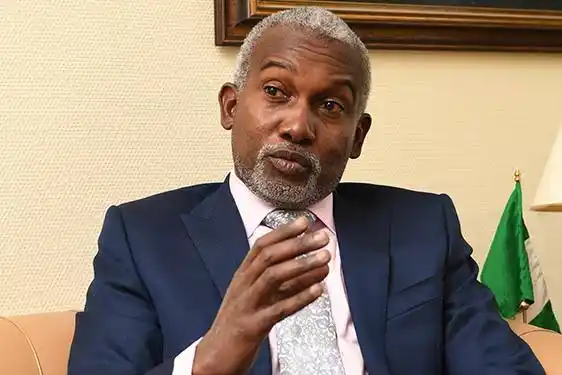Nigerian Foreign Affairs Minister, Ambassador Yusuf Maitama Tuggar, has said that in its efforts to address insecurity and counter terrorism, Nigeria is not seeking handouts but genuine partnerships. He made this statement in a speech at the Woodrow Wilson International Centre for Scholars, acknowledging the need for resources.
Tuggar emphasized that Nigeria seeks a true partnership, not simply aid, stating, “We are seeking partnerships, not handouts, to counter terrorism, insecurity, and disinformation.” He highlighted that Nigeria, as a nation facing climate change, migration, and violent extremism, needs the “weapons, equipment, technical support, and capacity building” to effectively address these issues.

Tuggar also seized the opportunity to highlight the longstanding relationship between Nigeria and the US, calling for a more collaborative approach to navigating a complex global landscape. He noted that Nigeria and the United States have had a robust relationship dating back to Nigeria’s independence in 1960, which has grown stronger over time, as illustrated by significant bilateral trade and cooperation on various issues.
Pointing to a recent meeting with the US Deputy Secretary of State as evidence of this growing partnership, which encompasses economic growth, security, technology, energy, food security, and multilateral reform, Tuggar emphasized the urgency of international cooperation. He stated, “We find ourselves at a crucial juncture marked by unprecedented global challenges and transformative opportunities.”
ALSO READ: 22,000 beneficiaries to get N50,000 nano business grant in Kogi
Tuggar argued that Nigeria is well-positioned to play a role as a “non-aligned conciliator” due to its history of overcoming internal differences and its leadership role in the region. He underscored the interconnectedness of global security issues, explaining that insecurity in Nigeria is linked to instability in the sub-region, which can impact global stability severely.

Urging the US and other nations to adopt a proactive approach, Tuggar stated, “The United States and the rest of the world cannot afford to wait until these problems reach their doorstep.” He concluded his speech on a hopeful note, expressing confidence in the future of the US-Nigeria relationship.
“The world is in flux, but the relationship between Nigeria and the United States can transcend the challenges of today,” he said, calling for a collaborative effort to promote democracy, inclusive development, and strengthen ties with diaspora communities. “Together, we can chart a new path forward for peace, stability, and prosperity,” he added.







